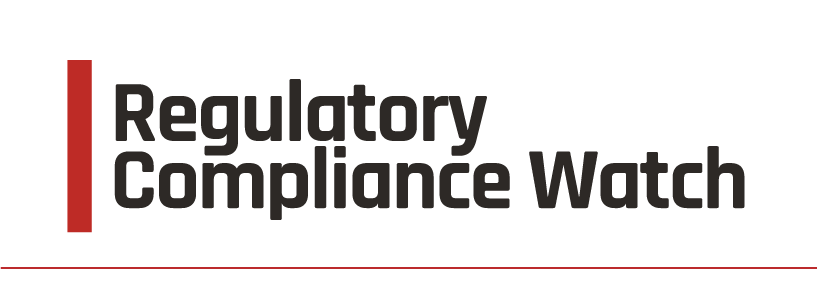We told you it was coming and last week OCIE released
a letter to new registrants aimed at reminding them of their compliance
obligations and foreshadowing the new “presence exams.”
In addition, each regional office also sent out a nearly identical letter. IA Watch has obtained the correspondence from
the New York Regional Office. SEC officials
also tell us the exams are underway.
Last month OCIE’s new Deputy Director Andrew Bowden promised
the letter was coming (IA
Watch, Oct. 1, 2012). He signed the national letter, which
states that the “Presence Exams initiative” will run for two years and include
three phases (engagement, examination, and reporting). The correspondence
also describes “the topical areas that may be examined.”
While the focus of the exams is new registrants – defined as those that
registered after July 20, 2011 (thanks to Dodd-Frank) and investment advisers
that manage private funds – all advisers can take away from the letter examples
of topics likely to come up during exams.
5 hot exam topics
The letter recites that a presence exam “will review one or more” of
a firm’s approaches related to these topics:
1. Marketing: Examiners will look for
evidence of false or misleading statements, among other things.
2. Portfolio management: Examiners
will “review and evaluate investment advisers’ portfolio decision-making practices,
including the allocation of investment opportunities and whether advisers’
practices are consistent with disclosures provided to investors.”
3. Conflicts of interest: This review
will consider fees, expenses, revenue sources and payments to “related persons”
as well as employees’ outside business activities and personal trading.
4. Custody: The review will look at
safety of client assets.
5. Valuation: This review would include
examining a firm’s method for “fair valuing illiquid or difficult to value
instruments.”
The letter notes that serious deficiencies could result in a referral
to Enforcement.
This new “nationwide outreach” will later include reporting on best
practices that emerged from the exams in “hopes to encourage firms to review
compliance in these areas and to promote improvements in investment adviser
compliance programs.” It could be some time, though, before that guidance
comes out of the agency.

